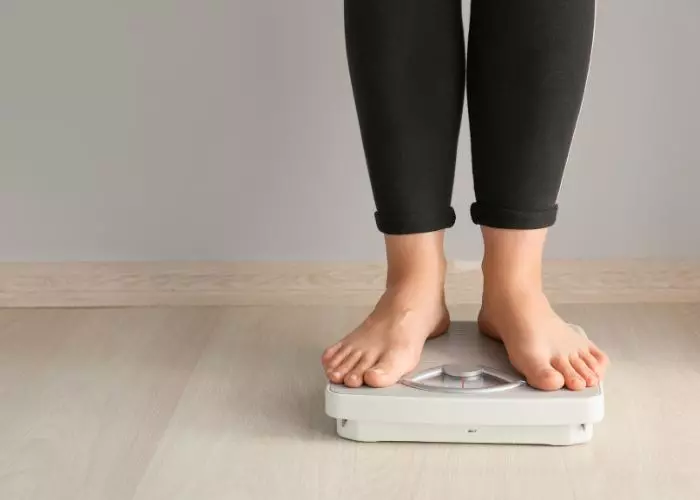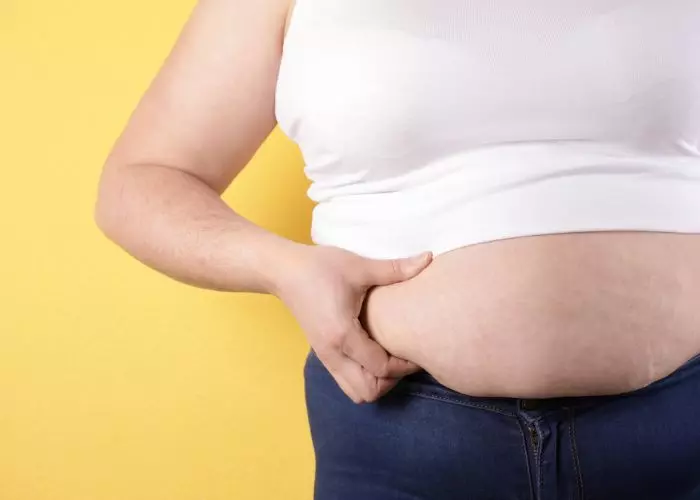When Do You Stop Losing Weight After Gastric Sleeve? Gastric sleeve surgery, also known as sleeve gastrectomy, is a popular weight loss procedure that involves reducing the size of the stomach to promote significant weight loss. While the surgery is highly effective for shedding excess pounds, many individuals wonder when they can expect their weight loss to plateau.
Understanding the timeline of weight loss after gastric sleeve surgery is important for managing expectations and maintaining a healthy lifestyle. In this article, we will explore the factors that influence weight loss after gastric sleeve surgery and provide insights into when individuals typically stop losing weight.

The Initial Weight Loss Phase
When Do You Stop Losing Weight After Gastric Sleeve? First, during the initial weight loss phase following gastric sleeve surgery, patients experience significant changes in their eating habits and portion sizes. With the reduced stomach size, individuals consume smaller meals, resulting in a calorie deficit.
This leads to rapid weight loss, typically peaking within six to twelve months post-surgery. Patients often find this phase encouraging and motivating as they witness substantial changes in their body shape and overall health, providing them with the momentum to continue their weight loss journey.

Factors Influencing Weight Loss
Various factors contribute to the rate of weight loss after gastric sleeve surgery. These factors include the individual’s initial weight, age, gender, metabolic rate, activity level, and adherence to dietary and lifestyle changes. Those with a higher initial body mass index (BMI) tend to experience more rapid weight loss initially.
The varying weight loss rates among individuals highlight the importance of understanding that factors like metabolism and overall health contribute to the uniqueness of each person’s weight loss journey. Recognizing these individual differences enables tailored approaches to support and celebrate progress on an individual level.
The Plateau Effect
The plateau effect is a normal occurrence during the weight loss journey after gastric sleeve surgery. It refers to a phase when the rate of weight loss slows down or reaches a stable level, despite maintaining dietary and lifestyle changes.
This can be a challenging period for individuals who have become accustomed to rapid weight loss. It’s crucial to view the plateau effect as a natural part of the process, indicating that the body is adjusting and stabilizing at a new weight, rather than a sign of failure.

When Do You Stop Losing Weight After Gastric Sleeve
The timeframe for reaching a weight loss plateau after gastric sleeve surgery is highly individualized. While some individuals may continue to experience weight loss for up to 18 months following surgery, others may reach their plateau sooner or later. After this initial period, weight loss tends to stabilize.
It’s crucial to approach this phase with patience and realistic expectations. Understanding that weight loss is a gradual process helps individuals shift their focus towards long-term goals and sustainable lifestyle changes. By embracing this fact, individuals can maintain their motivation, make adjustments as needed, and prioritize overall health and well-being.

Long-Term Weight Maintenance
After reaching a weight loss plateau, the focus shifts from actively losing weight to maintaining the achieved weight loss. Long-term weight maintenance involves adopting a balanced and healthy lifestyle. Regular exercise plays a crucial role in maintaining muscle mass and preventing weight regain.
Strength training and cardiovascular activities are very important. Mindful eating practices, such as portion control and choosing nutrient-dense foods, help individuals sustain their weight loss and promote overall well-being. Continued support from healthcare professionals, including dietitians and support groups, further enhances successful weight maintenance.
Frequently Asked Questions
What is the plateau effect in the context of weight loss after gastric sleeve surgery?
The plateau effect refers to a phase when the rate of weight loss slows down or reaches a stable level, despite maintaining dietary and lifestyle changes. It is a natural part of the weight loss journey and indicates that the body is adapting and stabilizing at a new weight.
What should individuals focus on after reaching a weight loss plateau?
After reaching a weight loss plateau, individuals should shift their focus towards long-term weight maintenance. This involves adopting a balanced and healthy lifestyle, including regular exercise, mindful eating, and ongoing support from healthcare professionals, to sustain the achieved weight loss and improve overall well-being.
How can individuals maintain their weight loss after reaching a plateau?
To maintain weight loss after reaching a plateau, individuals should focus on adopting a balanced and healthy life style. This includes regular exercise, mindful eating, and ongoing support from healthcare professionals to sustain their weight loss and overall well being.
Is it normal to experience a weight loss plateau after gastric sleeve surgery?
Yes, it is normal to experience a weight loss plateau after gastric sleeve surgery. The plateau effect is a natural part of the process and indicates that the body is adjusting and stabilizing at a new weight. It should not be a cause for alarm or discouragement.
How important is ongoing support from healthcare professionals in the post-gastric sleeve surgery journey?
Ongoing support from healthcare professionals, such as dietitians and support groups, is vital in the post-gastric sleeve surgery journey. They provide guidance, education, and motivation, helping individuals navigate challenges, make necessary adjustments, and sustain their weight loss for the long term.
Conclusión
Gastric sleeve surgery offers significant weight loss benefits, with individuals typically experiencing the most substantial weight reduction within the first year after surgery. Weight loss plateaus are common after this initial period, indicating the body’s adjustment and stabilization at a new weight.
While the timeline for reaching a plateau may vary, it is essential to focus on long-term weight maintenance by adopting a healthy lifestyle. Remember, every individual’s weight loss journey is unique, and with dedication, patience, and ongoing support, individuals can achieve their weight loss goals and improve their life quaality.






















